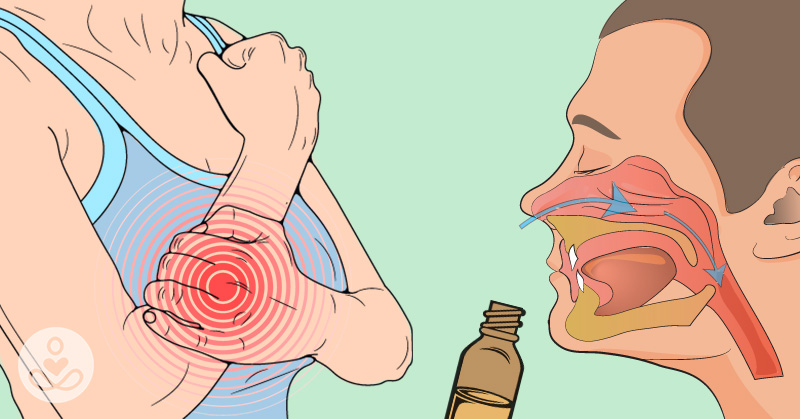Peppermint oil is one of the most widely used essential oils, found in everything from candy canes to chewing gum, to toothpaste. Beyond its good smell and unique, refreshing taste, however, peppermint essential oil has a number of benefits for your health. While some of these uses you may already know, there are many uses and benefits of peppermint oil that we are only beginning to understand. Here are twenty-five of the top, and often surprising, benefits of peppermint essential oil.
1. Digestion
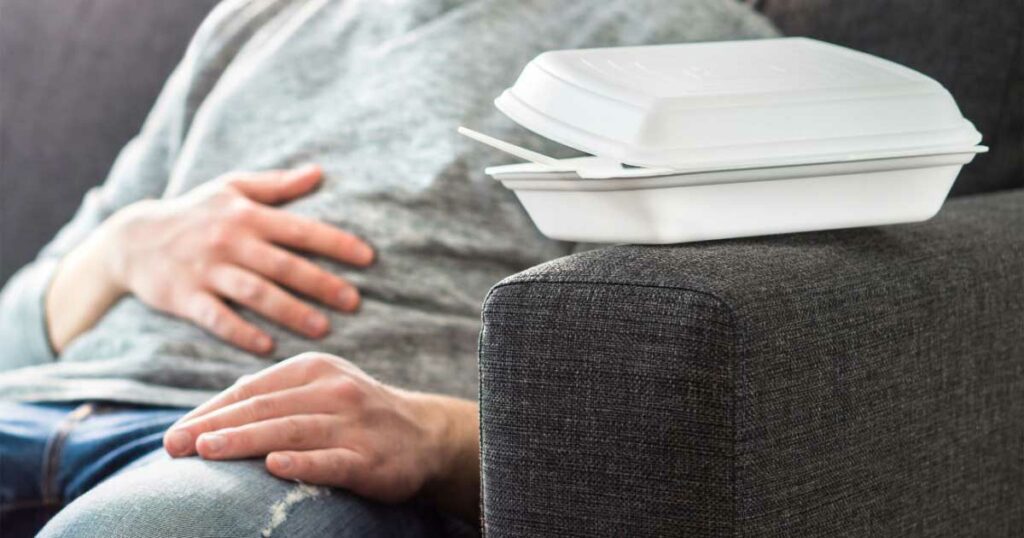
There’s a reason why, traditionally, restaurants give out mints at the end of your meal. It’s because mints contain peppermint oil, which aids digestion. This leaves you with a happier tummy as you leave the restaurant, leaving you with happy memories of a good meal instead of associating the restaurant with pain from overeating. While most mints now are more sugar than anything else, you can still use peppermint oil for indigestion relief. Drink a glass of water with a few drops of peppermint essential oil added. The oil increases the acidity of your stomach, helping you to better digest foods, and also will relieve gas and discomfort. You can also consider having a cup of warm peppermint tea. (1)
Read More: 21 of the Best Natural Oils for Your Skin and Hair (Benefits and How to Use)
2. Irritable Bowel Syndrome (IBS)

Enteric-coated (to prevent dissolving in the stomach) peppermint oil capsules taken between meals have been found to ease the symptoms of IBS. It relaxes the smooth muscles in the intestinal tract and improves rhythmic contractions, which relieves abdominal pain, gas, and diarrhea. It has been found to be especially helpful in treating children with IBS. (2)
3. Gallstones
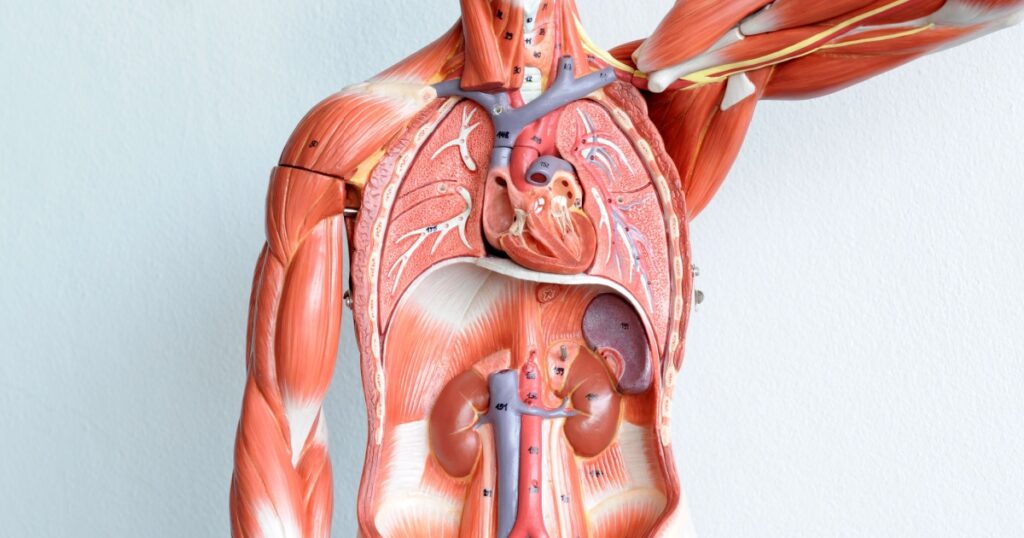
Peppermint oil, when taken orally in the form of enteric-coated pills, has shown to improve motility of the gallbladder and even improve gallstones and ureteric stones. It is very important that those who suffer from these conditions speak with their doctor first before taking peppermint oil. Be sure to talk to your doctor about appropriate doses for you. (3)
4. Headache
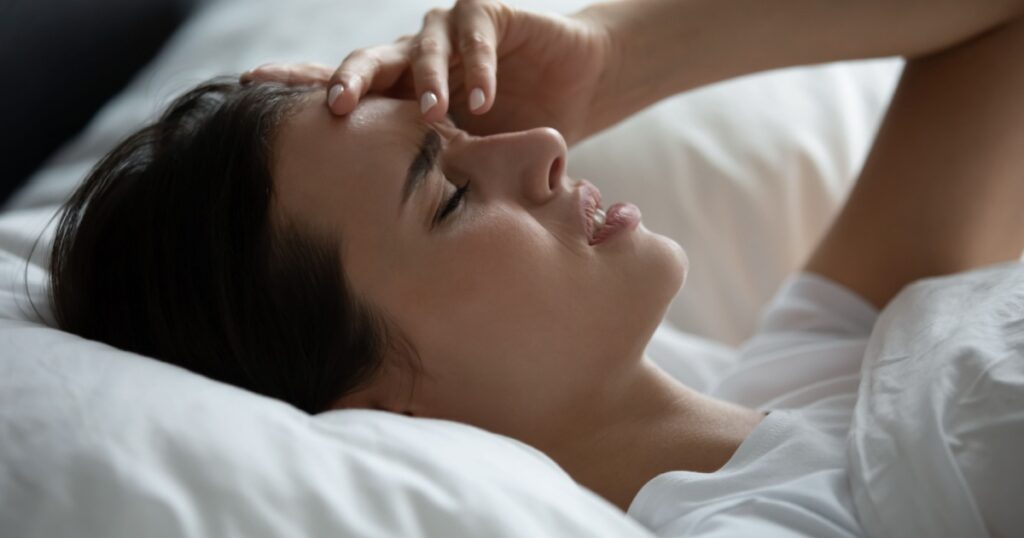
Applying a topical solution of ethanol and 10% peppermint oil has been found to reduce the symptoms of tension headaches. Diffusing peppermint oil (vapor therapy) may also help to ease headache pain. (4)
5. Fibromyalgia, Muscle, and Joint Pain

Peppermint oil has excellent muscle pain-relieving effects and is effective in helping to ease the symptoms of fibromyalgia. Rubbing some diluted peppermint oil on aching muscles and joints helps to decrease the inflammation causing the pain. Adding some peppermint essential oil to your bath will also help relax your muscles and ease joint pain. (5)
6. Candida Overgrowth

Chronic Candidiasis can cause stomach pain, bloating, and gas, as well as rashes on the skin. Peppermint oil has antibacterial properties that have proven effective against out-of-control Candida bacteria when taken in enteric-coated capsules. (6)
7. Sinus Infections
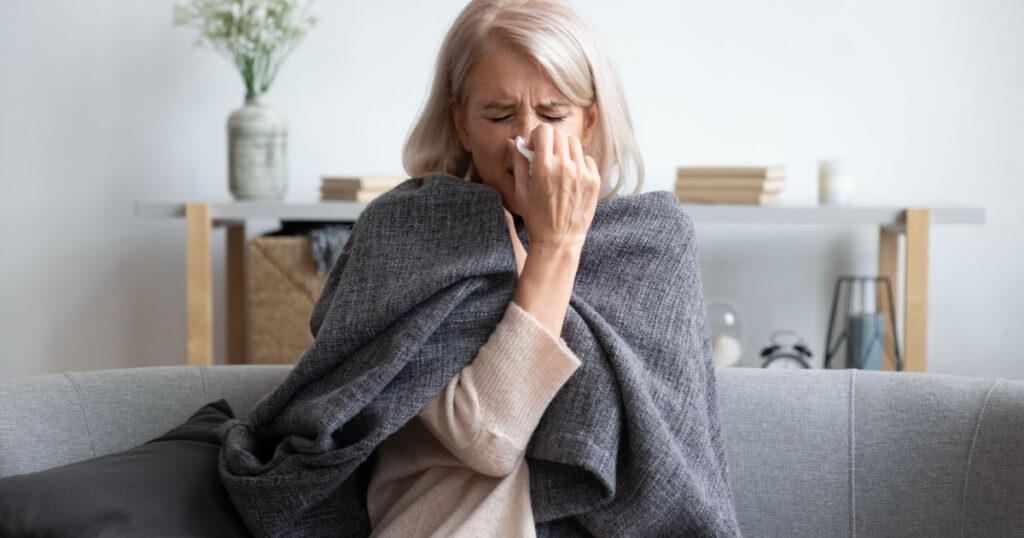
Peppermint oil contains menthol. This compound may have a positive affect on the mucus receptors in the nose, helping to open the airways and clear mucus. Animal studies show that it may have an antibacterial affect on sinus congestion. This has not yet been proven in human studies, however. (7)
Read More: 7 Potential Benefits and Uses of Oregano Oil
8. Asthma

Similar to it’s ability to fight sinus infections, inhaling peppermint oil vapor also has an anti-inflammatory effect on the trachea. This decrease in inflammation in turn decreases the effects of asthma. More studies are required to determine efficacy. (8)
9. Hot Flashes

Menopausal women everywhere rejoice! A spray made up of peppermint oil and Neroli hydrolat has shown to be effective for some women at reducing annoying hot flashes. (9)
10. Herpes Simplex Virus (HSV)
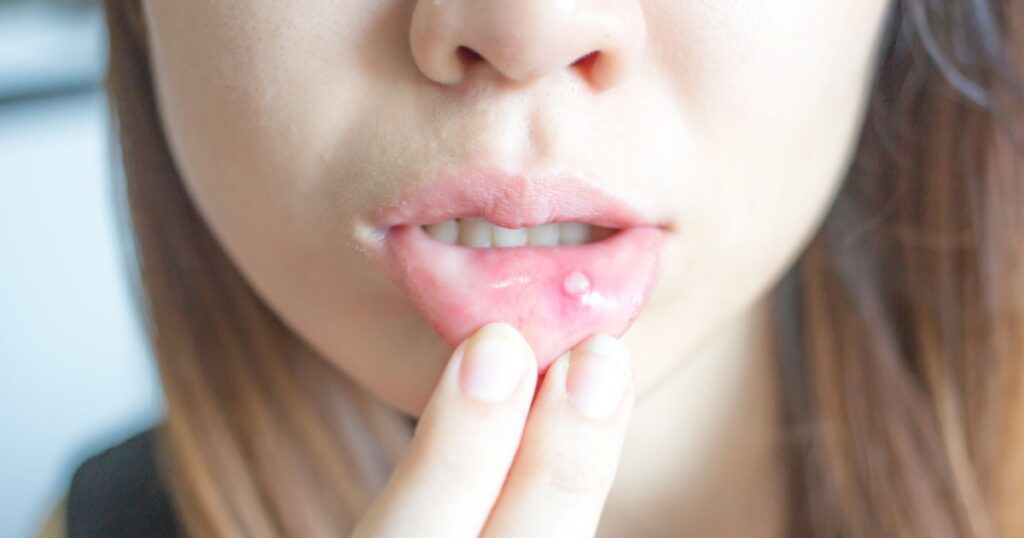
Peppermint oil has a direct virucidal (aka destructive) effect on HSV and is even effective against certain acyclovir-resistant strains of HSV-1. One of the reasons peppermint oil is so effective is because of it’s lipophilic nature, meaning it can easily penetrate the skin. This may make it useful as a topical treatment for herpes. If you have HSV, consult your doctor before treating with peppermint oil. (10)
11. Mosquito Repellent

So long, blood-suckers! The menthol in peppermint oil, when applied to your skin, has been shown to have a strong repellent action against mosquitoes. This is fantastic for anyone who wants to avoid both getting bitten and the chemicals in conventional bug spray. (11)
12. Reduce Nausea

Whether you have a fever, just had surgery, or have motion sickness, peppermint is an incredible anti-nauseate. It is most effective when inhaled in vapor form, however, peppermint teas or adding a few drops of peppermint oil to a glass of water may also help. (12)
Read More: Want better skin? Try this DIY coconut oil baking soda facial cleanser
13. Nervous Disorders and Mental Fatigue

Peppermint oil has psychoactive actions that may have similar effects as psychostimulants, helping to calm the mind and help those who suffer from nervous disorders still lead productive lives. More research, however, is needed to determine efficacy. Do not replace already prescribed medications for peppermint oil. Speak with your doctor instead. (13)
14. Increase Concentration

Even for those who don’t suffer from nervous disorders, peppermint oil still has a mind-stimulating effect. The next time you have lots of work or studying to do, diffuse some peppermint oil while working to help you concentrate and do better quality work. (14)
15. Antimicrobial and Anti-Plasmid Activity
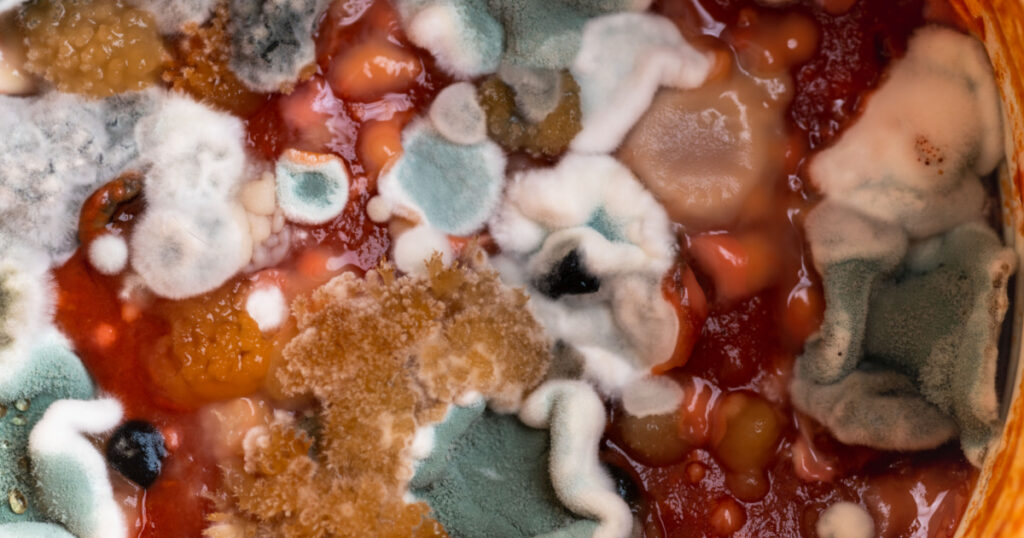
Peppermint oil has been shown to be effective against bacteria such as E. Coli, Staphylococcus epidermis, and two Saccharomyces cerevisiae yeast strains. More importantly, the menthol in peppermint oil kills plasmid-containing bacteria that are resistant to other antibacterial agents. (15)
16. Type 1 Allergic Reactions

Though not entirely sure on the mechanism, it has been reported that peppermint oil is effective against type 1 allergic reactions. These are the immediate hypersensitivity reactions causing anaphylaxis. That being said, it is not recommended to rely on peppermint oil or any other remedy over doctor-prescribed medications, especially if one is experiencing anaphylaxis. (16)
17. As an Anti-Fungal
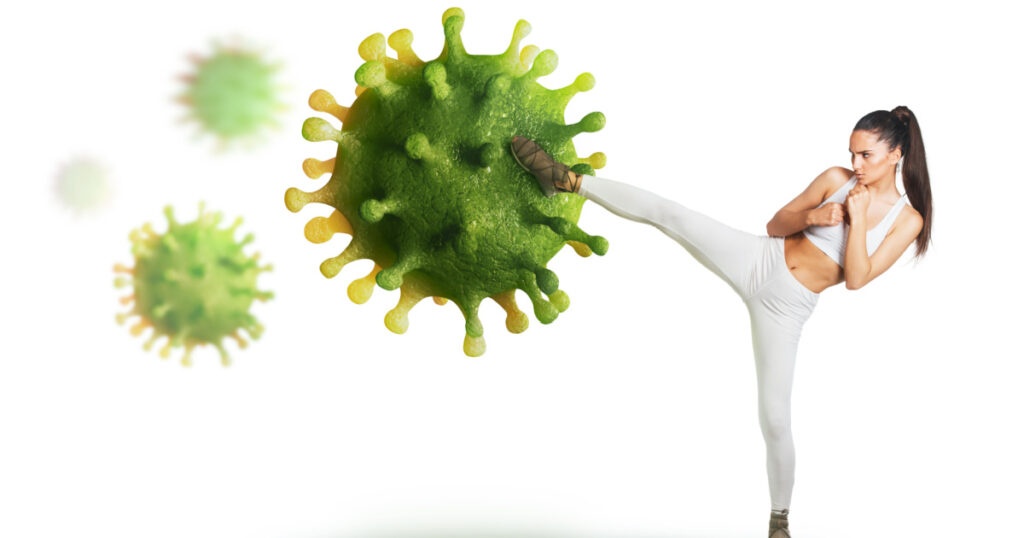
In a 1:20 (or 5%) dilution of peppermint oil and water, peppermint oil has been shown to inhibit the growth of Aspergillus niger fungus (black mold on fruit) and Penicillium ckyogenum fungus (salted food products and water-damaged buildings). All of these can be detrimental to human health. It is important to note, however, that if you see black mold on fruit you should not eat it, regardless of peppermint oil use. If you have black mold in your home, have it evaluated and removed by a professional. (17)
Read More: 12 Reasons This Oil Is Called ‘Liquid Gold’: From Heart Health to Stretch Mark Prevention
18. Reduce Appetite and Cravings

If you are trying to lose weight and struggling with cravings or constantly feeling hungry, diffusing peppermint may help you stick to your diet better. One study found that the scent of peppermint may help to decrease appetite and quench cravings. While there is a slight possibility that this will help you to feel less hungry, it is not a weight loss bullet. Nothing replaces a healthy lifestyle, including diet, exercise, sleep, and hydration. (18)
19. Reduce Daytime Sleepiness
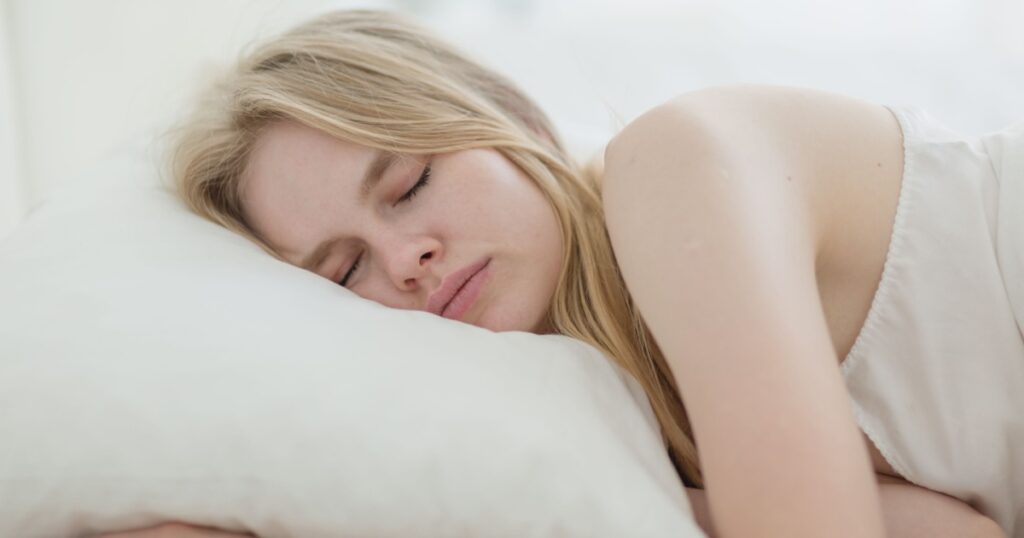
Though the mechanism is unclear, some studies have found that peppermint oil may help reduce feelings of fatigue and keep you energized throughout your day. The next time you feel yourself hitting that afternoon slump, try rubbing a little bit of diluted peppermint oil on your wrists or somewhere near your face and allow the aroma to revitalize you. Make sure to test it on a small, covered area in case of an allergic reaction, and avoid exposing that area to the sun. (19)
20. Sunburns
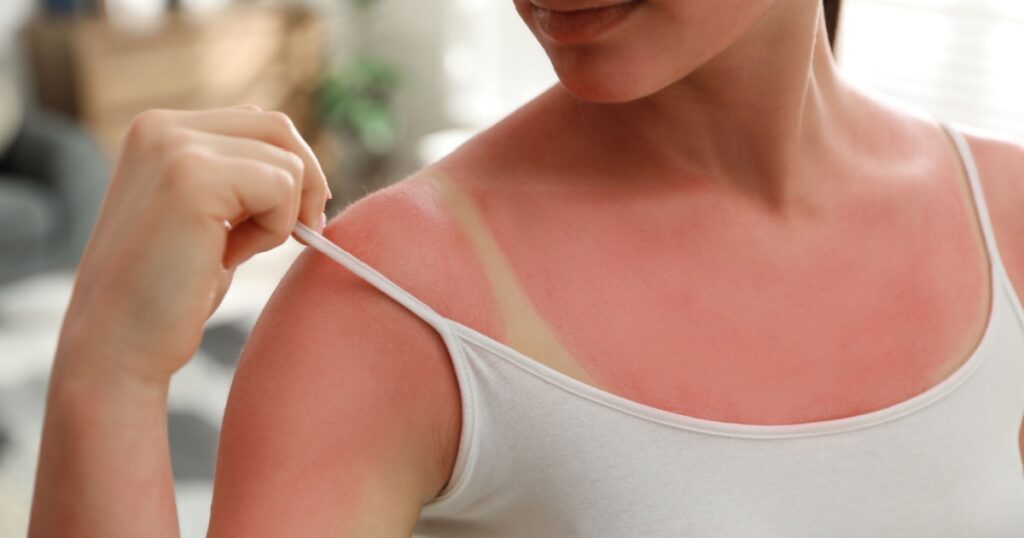
Got too much sun at the beach this weekend? Try adding a few drops of peppermint oil to your body cream or lotion for a soothing effect and to reduce the overall red appearance of the burn. Do not apply directly to your skin – it must be diluted in a cream or lotion, as suggested. Consult a dermatologist if you have further problems. (20)
21. Headlice
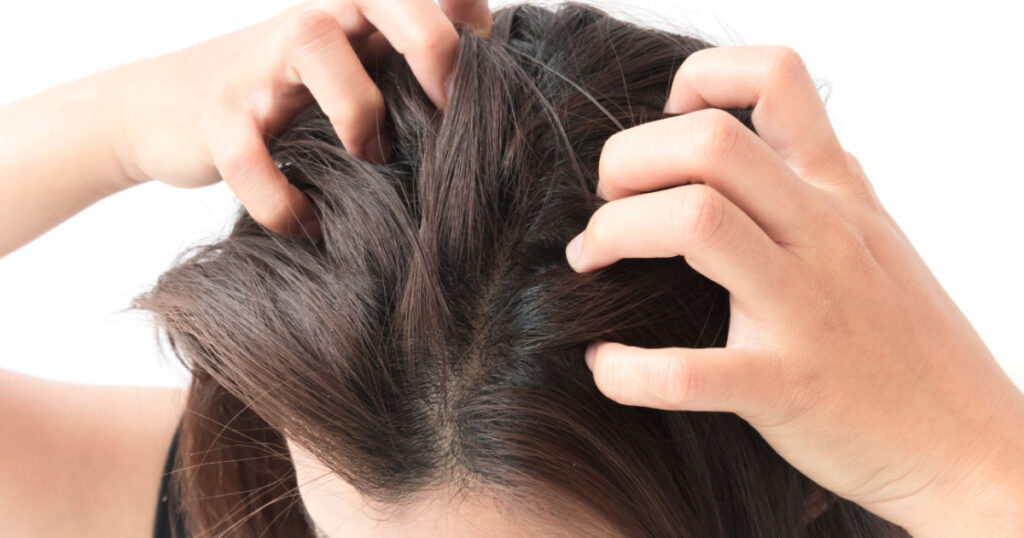
Mosquitoes aren’t the only critters who dislike peppermint oil: Phenols, phenolic ethers, ketones, and oxides have a toxic effect when used on lice. It is also important to remember that, in order to be completely cleared of head lice, all eggs must be removed from the hair shaft. This is usually done manually. (21)
Read More: Olive Oil is found to Nourish the Brain and May Protect Against Alzheimer’s
22. Acne
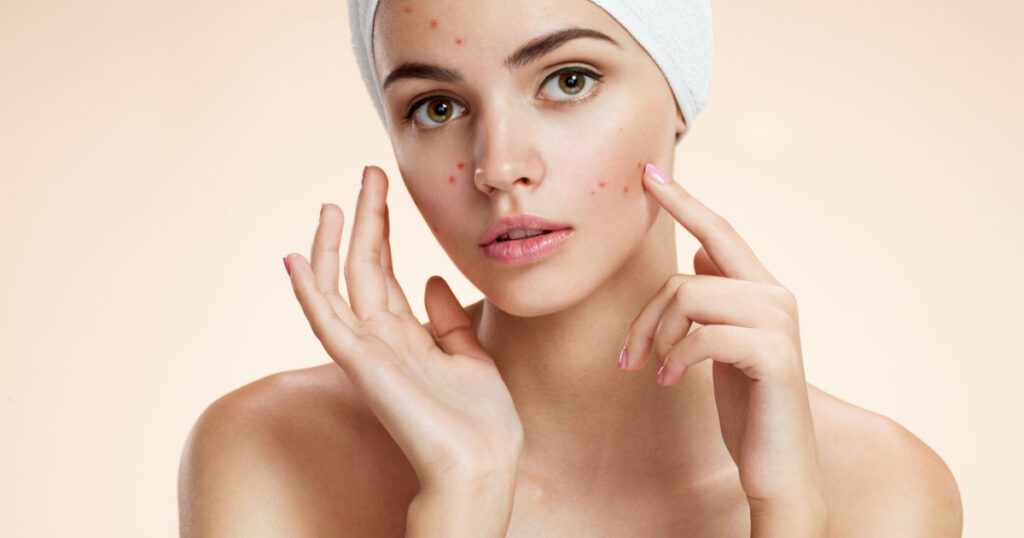
The antibacterial properties of peppermint oil are quite effective against acne-causing bacteria. The menthol has a cooling, anti-inflammatory effect on the red bumps, and it also has a cleansing effect on the skin, unclogging your pores of trapped oils and providing a less favorable environment for bacteria. (10, 11) To use for acne, you can apply high-quality peppermint oil directly to the affected skin for a spot treatment, wash your face with clean water mixed with a few drops of peppermint oil, or you can dilute the oil in coconut oil and use it as a moisturizer. Again, always spot-check first in a non-visible area, such as under your armpit. (22)
23. Dandruff

Many people do not realize that dandruff is just a form of acne on your scalp. Try adding a few drops of peppermint oil to your shampoo and watch your dandruff disappear. (23)
24. Hair Growth
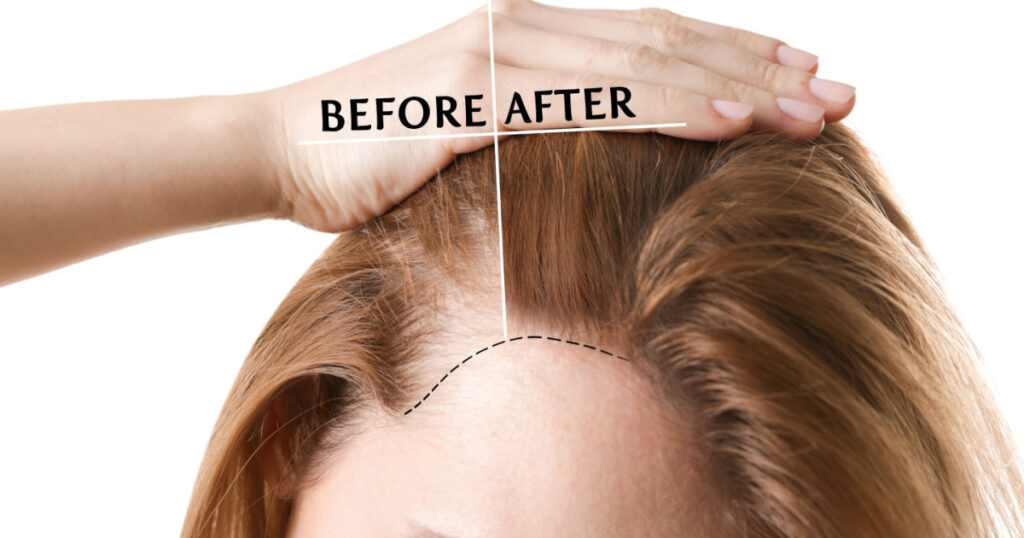
Anyone who struggles to grow long, thick, beautiful hair should consider using peppermint oil in the hair-care routine. Add a few drops of peppermint oil to your shampoo for the longest, thickest, healthiest hair you’ve ever had. (12)
25. Bad Breath
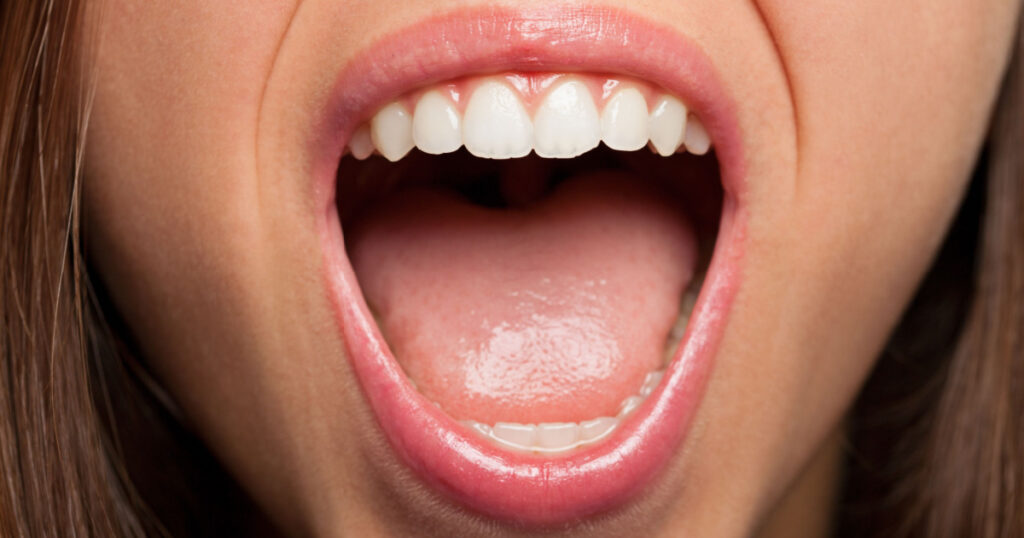
Saving the most obvious for last: Peppermint oil has amazing bad-breath-killing abilities, and more importantly, it helps to protect you from gum infection-causing bacteria. This is why most toothpastes have peppermint oil added to them, as well as mouthwashes. Swish some peppermint oil and water around your mouth after eating to take care of any bad breath and bacteria. (24)
Read More: 6 Ways Castor Oil May Benefit Your Health
Sources
- “Peppermint.” Mount Sinai
- “Peppermint oil-Brand names: Apercap, Colomint, Colpermin, Mintec.” NHS
- “Effect of peppermint oil and caraway oil on gastrointestinal motility in healthy volunteers: a pharmacodynamic study using simultaneous determination of gastric and gall-bladder emptying and orocaecal transit time.” Pubmed. K J Goerg and Th Spilker. February 2003.
- “[Peppermint oil in the acute treatment of tension-type headache].” Pubmed. H Göbel, A Heinze, K Heinze-Kuhn , A Göbel, C Göbel. June 2016.
- “Anti-osteoarthritis potential of peppermint and rosemary essential oils in a nanoemulsion form: behavioral, biochemical, and histopathological evidence.” Pubmed. Mojgan Mohammadifar, Mohammad Hossein Aarabi, Fatemeh Aghighi, Maryam Kazemi, Zarichehr Vakili, Mohammad Reza Memarzadeh and Sayyed Alireza Talaei. February 2021.
- “Candida albicans Impairments Induced by Peppermint and Clove Oils at Sub-Inhibitory Concentrations.” NCBI. Katarzyna Rajkowska, Anna Otlewska, Alina Kunicka-Styczyńska, and Agnieszka Krajewska. June 2017.
- “Using Peppermint Oil for Sinusitis Relief.” Atkins Sinus. October 28, 2023
- “Inhalation of Essential Oil from Mentha piperita Ameliorates PM10-Exposed Asthma by Targeting IL-6/JAK2/STAT3 Pathway Based on a Network Pharmacological Analysis.” NCBI. Mi Hye Kim, Sang Jun Park, and Woong Mo Yang. December 22, 2020.
- “The effect of aromatherapy massage with lemon and peppermint essential oil on menopausal symptoms: A double-blinded, randomized placebo controlled clinical trial.” Pubmed. Şerife İrem Döner, Hafize Dağ Tüzmen , Büşra Duran and Füsun Sunar. September 2023.
- “Virucidal effect of peppermint oil on the enveloped viruses herpes simplex virus type 1 and type 2 in vitro.” Pubmed. A Schuhmacher, J Reichling, P Schnitzler. 2003
- “Bioefficacy of Mentha piperita essential oil against dengue fever mosquito Aedes aegypti L.” NCBI. Sarita Kumar, Naim Wahab, and Radhika Warikoo. April 2011.
- “Peppermint Essential Oil for Nausea and Vomiting in Hospitalized Patients: Incorporating Holistic Patient Decision Making Into the Research Design.” Pubmed. Carla Mohr, Cassandra Jensen, Nicole Padden, Jamie M Besel, Jeannine M Brant. June 2021.
- “The Effects of Essential Oils on the Nervous System: A Scoping Review.” NCBI. Apsorn Sattayakhom, Sineewanlaya Wichit and Phanit Koomhin. May 2023.
- “Effects of Peppermint Essential Oil on Learning and Memory Ability in APP/PS1 Transgenic Mice.” NCBI. Xiaofan Lv, Yueyang Feng, Rui Ma, Yin Tang, Ye Li, Donghong Cui and Yani Wu. April 2022.
- “Physical and Antimicrobial Properties of Peppermint Oil Nanoemulsions.” ACS Publications. Rong Liang, et al. July 2, 2012.
- “Anti-Allergic Effects of Peppermint Oil, Chicle and Jelutong.” Research Gate. Tsutomu Arakawa, et al. January 1992.
- “Antifungal activity of peppermint and sweet basil essential oils and their major aroma constituents on some plant pathogenic fungi from the vapor phase.” Pubmed. Amr E Edris and Eman S Farrag. April 2003.
- “Effects of peppermint scent on appetite control and caloric intake.” Research Gate. J. A. Reed, et al. September 2008.
- “Preliminary investigation of the effect of peppermint oil on an objective measure of daytime sleepiness.” Pubmed. Mark Ian Keith Norrish and Katie Louise Dwyer. March 2005.
- “Use of Essential Oils Following Traumatic Burn Injury: A Case Study.” Pediatric Nursing. Kathleen Jopke, Heather Sanders and Rosemary White-Traut. May 2017.
- “The potential effectiveness of essential oils as a treatment for headlice, Pediculus humanus capitis.” Pubmed. L Veal. August 1996
- “Antibacterial and antioxidant activities of Mentha piperita L.” Science Direct. Rajinder Singh, Muftah A.M. Shushni, Asma Belkheir. May 2015.
- “Can Peppermint Oil Benefit Your Hair?” Healthline. Adrian White. November 14, 2018
- “Evaluation of the use of a peppermint mouth rinse for halitosis by girls studying in Tehran high schools.” NCBI. Roza Haghgoo and Farid Abbasi. January- June 2013.
